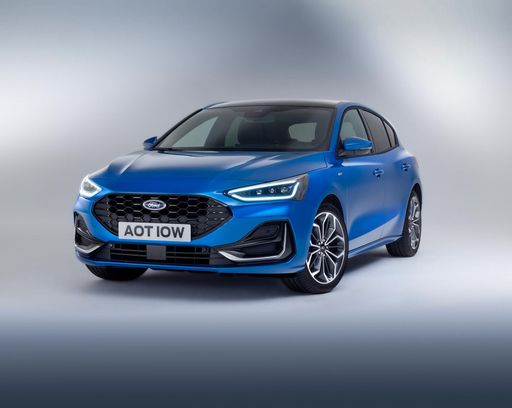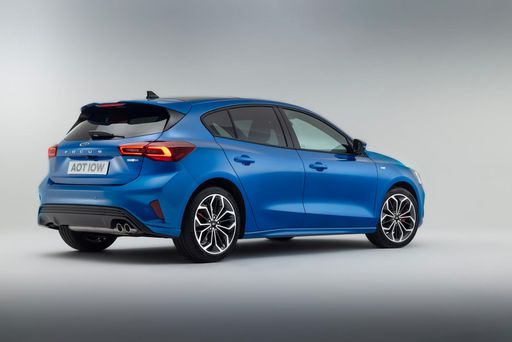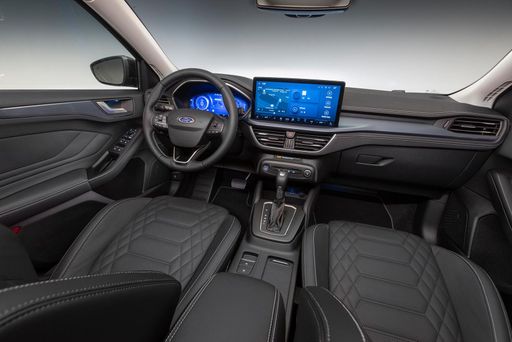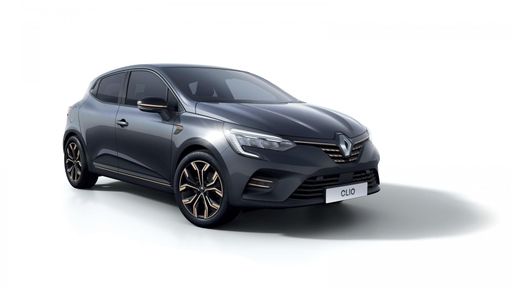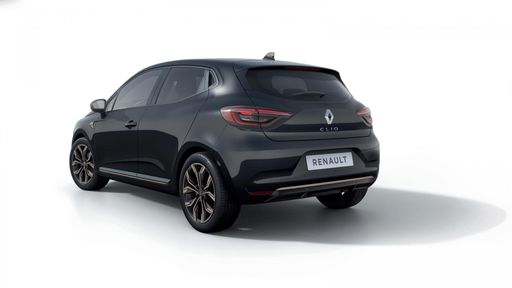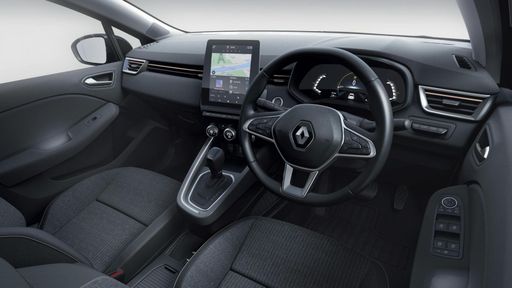Ford Focus vs Renault Clio: Hatchback Showdown
In the world of hatchbacks, few matchups capture the attention like the Ford Focus and the Renault Clio. Both vehicles offer a blend of practicality and performance, but each has its unique appeal. Let's delve into a detailed comparison between these popular models, shedding light on their technical specifications and innovations.

